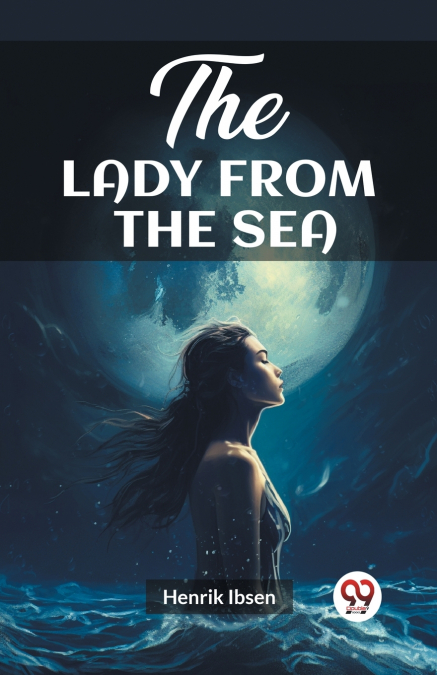
 Librería Perelló (Valencia)
Librería Perelló (Valencia)
 Librería Aciertas (Toledo)
Librería Aciertas (Toledo)
 El AlmaZen del Alquimista (Sevilla)
El AlmaZen del Alquimista (Sevilla)
 Librería Elías (Asturias)
Librería Elías (Asturias)
 Librería Kolima (Madrid)
Librería Kolima (Madrid)
 Donde los libros
Donde los libros
 Librería Proteo (Málaga)
Librería Proteo (Málaga)
'The Lady from the Sea' by Henrik Ibsen is a compelling Norwegian play that delves into the depths of human psychology and societal constraints. Set against a backdrop rich with sea imagery and symbolism, the drama unfolds as the female protagonist grapples with themes of marriage, freedom, and identity. Through intricate psychological exploration, Ibsen masterfully navigates the inner conflict of the characters, highlighting the choices they face and the transformative journey they undertake. As the narrative progresses, the tension builds, mirroring the turbulent waves of the sea, as the characters confront their desires and confrontations. Ibsen’s skillful use of symbolism adds layers of depth to the storyline, inviting audiences to ponder the deeper meaning behind the characters’ actions and motivations. With its powerful portrayal of human emotions and societal expectations, 'The Lady from the Sea' emerges as a timeless masterpiece of Norwegian literature. Through the lens of the female protagonist’s struggle for autonomy and self-discovery, Ibsen invites readers to contemplate the complexities of human existence and the universal quest for personal fulfillment and transformation within the constraints of society.